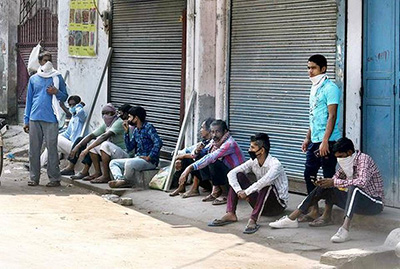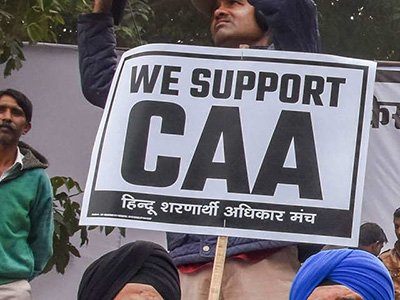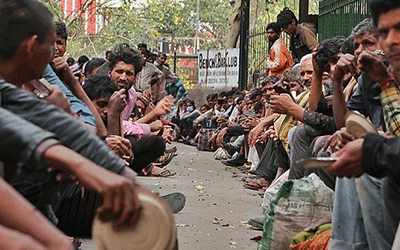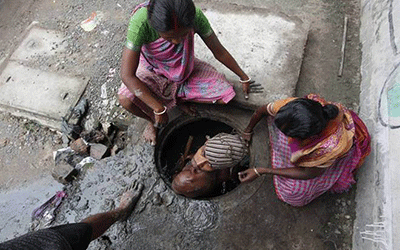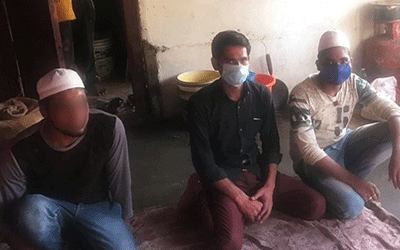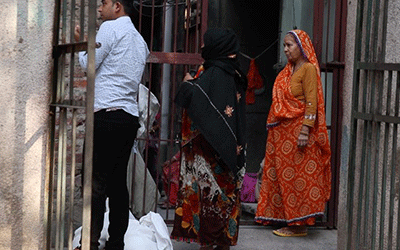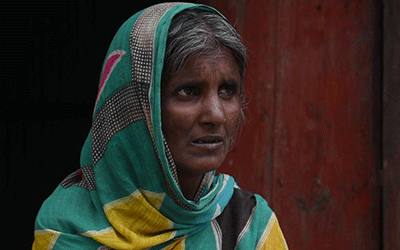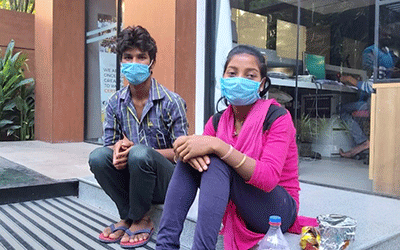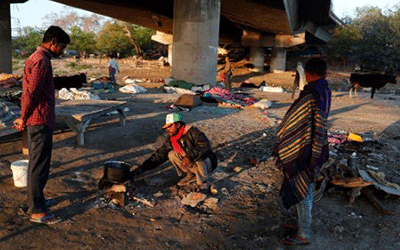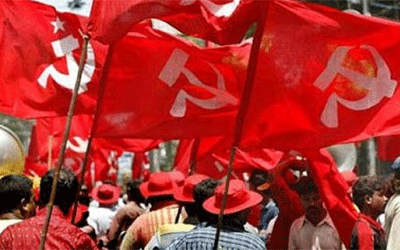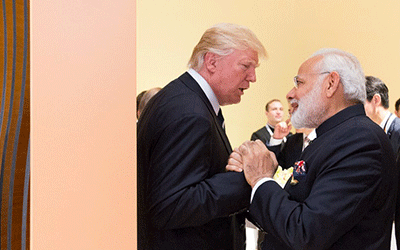Study portrays a grim picture of labourers after lockdown
Staff Reporter | The Hindu | 20 June 2020
Only about 5% labourers earned ₹15,000 a month, 90% of those working under contractors didn’t get paid, 20% went completely out of food for seven days at a stretch, were some of the findings which were observed during a study conducted by Centre for Equity Studies. The study was conducted by the centre in collaboration with Delhi Search Group and Karwan-e-Mohabbat in which 1,405 labourers were interviewed from across the country to access the impact after 45 days of the nationwide lockdown. According to the study, only 5.5% of them earned a monthly amount of ₹15,000 and also that women earned less than men. The study claimed that 46.8% of women earned less than ₹5,000 in the pre-COVID-19 period as compared to 14.8% of men. Read More

